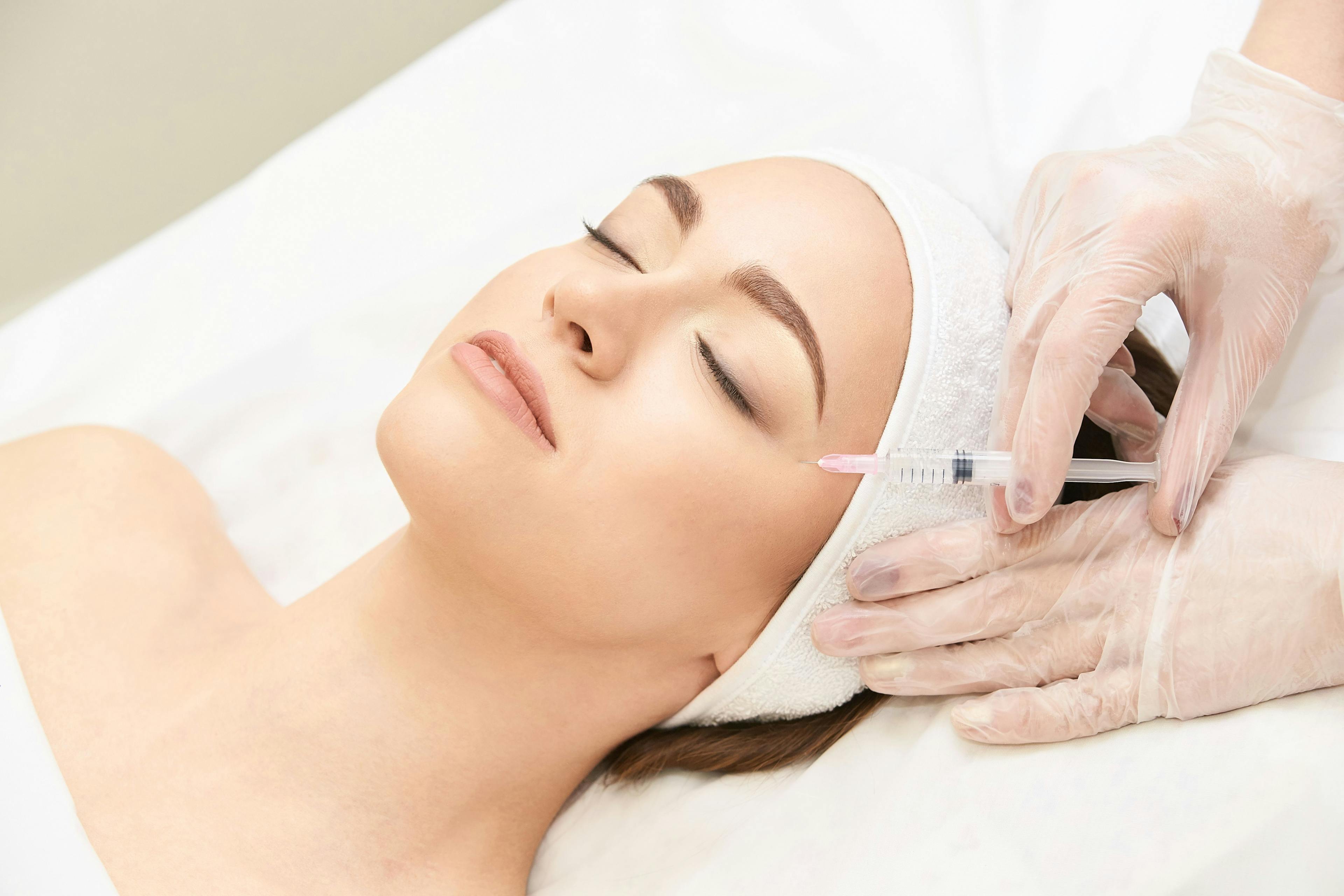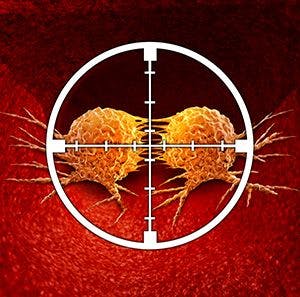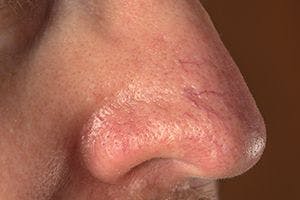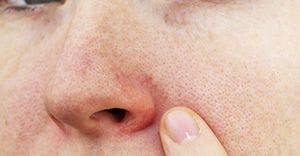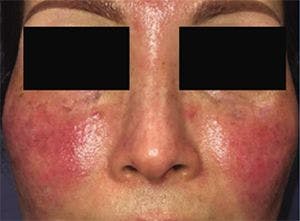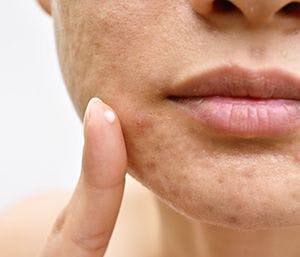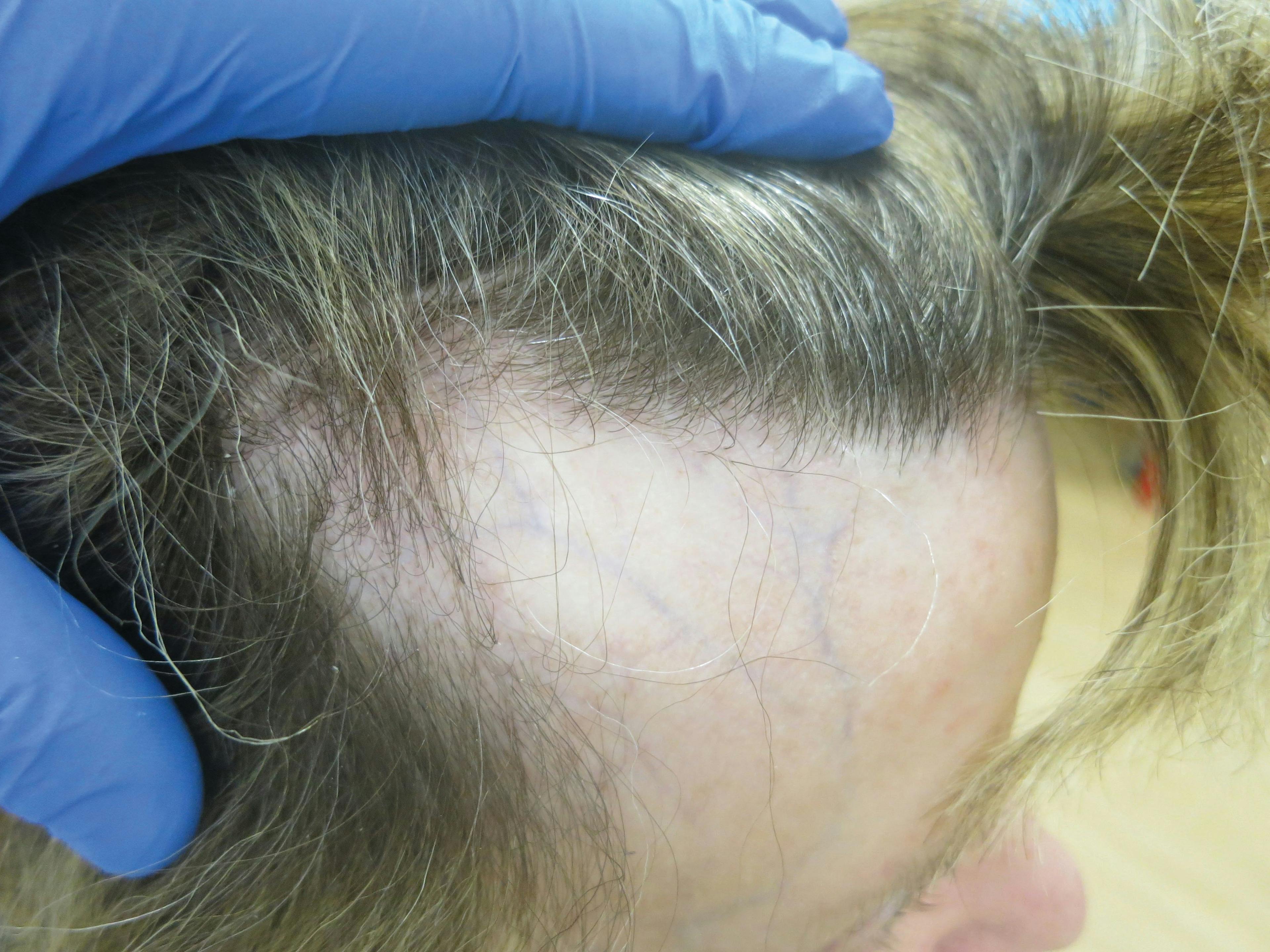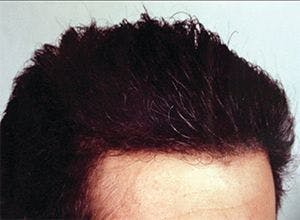- Acne
- Actinic Keratosis
- Aesthetics
- Alopecia
- Atopic Dermatitis
- Buy-and-Bill
- COVID-19
- Case-Based Roundtable
- Chronic Hand Eczema
- Chronic Spontaneous Urticaria
- Drug Watch
- Eczema
- General Dermatology
- Hidradenitis Suppurativa
- Melasma
- NP and PA
- Pediatric Dermatology
- Pigmentary Disorders
- Practice Management
- Precision Medicine and Biologics
- Prurigo Nodularis
- Psoriasis
- Psoriatic Arthritis
- Rare Disease
- Rosacea
- Skin Cancer
- Vitiligo
- Wound Care
Publication
Article
Dermatology Times
COVID-19: Counseling patients on biologic use
Author(s):
A recently published review offers early insight into the risk and prognosis of COVID-19 in individuals receiving biologic therapy, providing recommendations for patient care and counseling.
A review of findings from patients receiving care through the psoriasis outpatient clinic at ASST Papa Giovanni XXIII Hospital, Bergamo, Italy, provides early insight into the risk and prognosis of COVID-19 in individuals receiving biologic therapy.
In a letter to the editor published online in the Journal of the American Academy of Dermatology Andrea Carugno, M.D., and colleagues reported their experiences and offered recommendations for patient care and counseling.1
“We learned relatively soon that any symptoms of COVID-19 being reported by our patients were mostly mild. Therefore, we became more confident advising patients not to stop their biologic therapy on their own,” Dr. Carugno says.
“However, our experience also suggested that patients with psoriasis who are on a biologic may be at risk for acquiring the infection. Therefore, it is essential to counsel them on preventive hygiene measures and practices and emphasize the importance of compliance.”
Study motivation
Dr. Carugno told Dermatology Times that the decision to undertake an analysis of the health status of patients being treated with a biologic for psoriasis emerged from the need to fill gaps in information.
“Little was known about the impact of the novel coronavirus on patients receiving chronic immunosuppressive therapy, given that Bergamo was one of the first and most harshly hit cities by the pandemic in Europe,” he says.
Experience caring for patients hospitalized with COVID-19 reinforced their interest in collecting and sharing information about COVID-19 in patients being treated with biologics for psoriasis.
“During those difficult weeks in March as the number of hospitalized patients rapidly increased, dermatologists at Bergamo Hospital were specifically trained and then worked in the COVID-19 units. The great suffering we saw along with the scarcity of information and available therapies for COVID-19 accentuated the urgency of collaborating to find solutions for these patients and to share information that could be useful to our colleagues,” Dr. Carugno explains.
Clinical details
As reported in their letter, 159 patients with psoriasis who were on biologic therapy were contacted by telephone or seen within 45 days after the onset of the COVID-19 pandemic. The patients were on a variety of biologic therapies, including TNFα, interleukin-17, and interleukin-(12)/23 inhibitors.
In total, 29 patients (18.2%) reported symptoms consistent with COVID-19, including 18 of 25 patients (72%) who reported exposure to someone with a confirmed or suspected case of COVID-19. None of the patients with symptoms had tested positive for COVID-19, due to difficulties administering tests in that period.
RELATED: COVID-19 impact in patients on biologics
In the vast majority of patients, symptoms suggestive of COVID-19 were mild (86%). Three patients had moderate symptoms (10%), and one patient was hospitalized with severe symptoms, but was diagnosed with pneumococcal pneumonia.
A comparison of patients with and without suspected COVID-19 symptoms found no statistically significant differences in sex or cardiometabolic comorbidities.
Six patients who called the clinic to report respiratory symptoms were advised to stop their biologic therapy and to wait up to 30 days after their symptoms resolved before restarting. Three patients who did not have symptoms of COVID-19 stopped their biologic therapy on their own and experienced worsening of their psoriasis.
Concluding thoughts
Dr. Carugno notes that the findings reported in this letter are preliminary and based on a limited patient population.
“We are continuing to collect data as our outpatient service has resumed its close to normal activities and more patients are returning for appointments. So far, our observations confirm our initial findings,” he says.“Larger numbers of patients will need to be studied, however. To that end, an in-depth multicenter study is currently underway throughout Italy.”
Dr. Carugno adds that he and his colleagues would also like to be able to investigate the true prevalence of COVID-19 infection among patients being treated with a biologic agent by conducting serological tests for antibodies.
“Unfortunately, however, regional guidelines are in place that limit the use of these assays for now,” he says.
Dr. Carugno acknowledges that the reliance on data collection through patient self-reporting of health status via telephone interviews is another limitation of the investigation.
“Certainly our experience with having to rely on telemedicine during the COVID-19 pandemic has taught us the value of this method for maintaining communication with our patients, and perhaps it has even brought us to believe that the utility of telemedicine has been underestimated in the past,” Dr. Carugno says. “Although it can be said that a simple phone call from the physician can be very reassuring for patients, particularly in challenging times such as exist during the pandemic, remote contact cannot fully replace the clinical and human support that can be provided only through face-to-face interaction.”
Reference:
1 Carugno A, Gambini DM, Raponi F, et al. COVID-19 and biologics for psoriasis: a high-epidemic area experience - Bergamo, Lombardy, Italy. [published online ahead of print, 2020 May 6]. J Am Acad Dermatol. 2020;S0190-9622(20)30819-7.

Newsletter
Like what you’re reading? Subscribe to Dermatology Times for weekly updates on therapies, innovations, and real-world practice tips.

